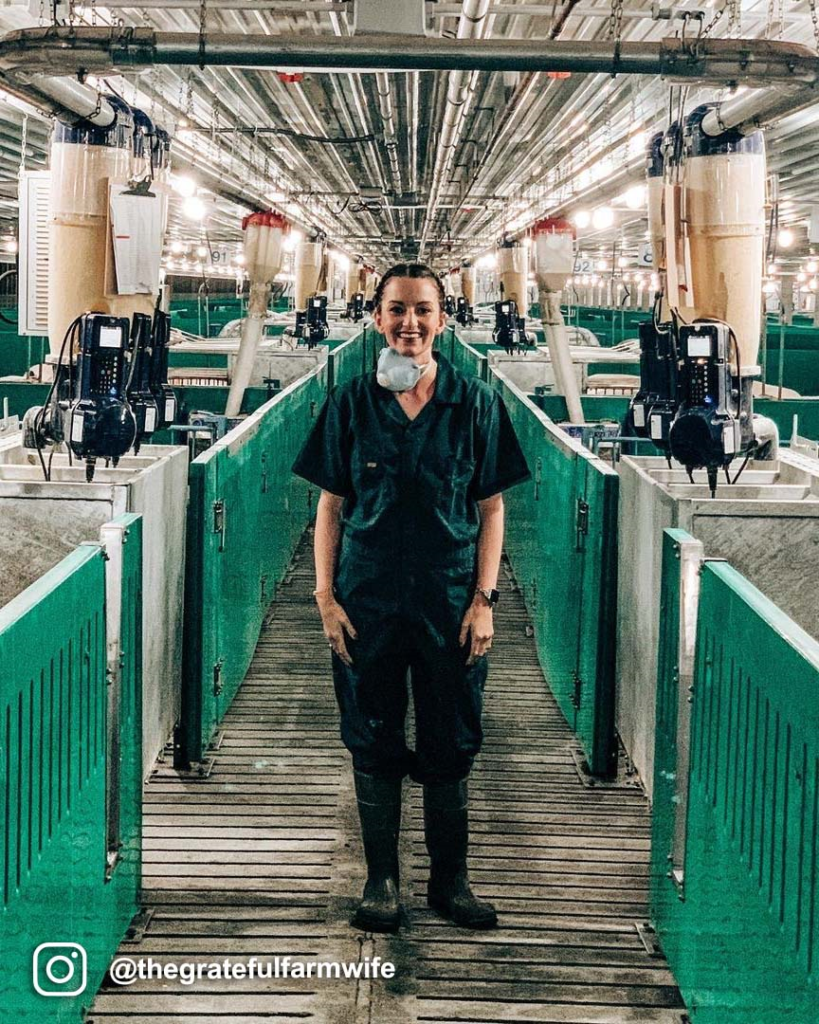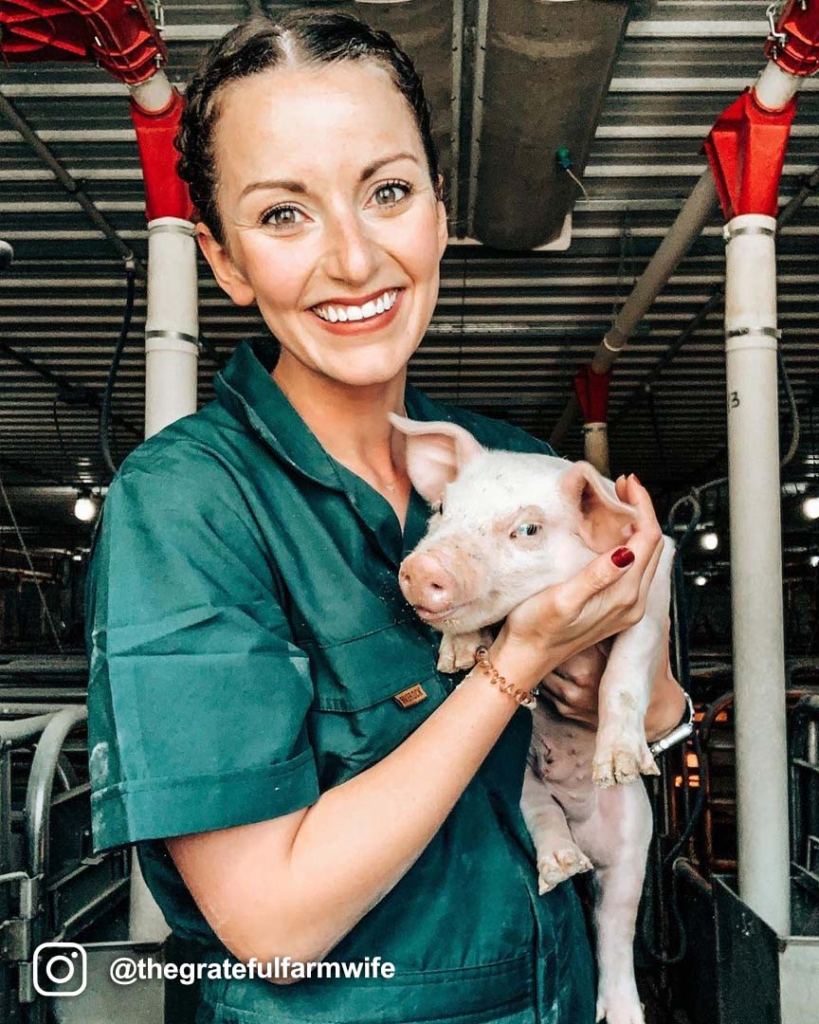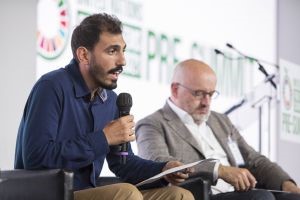By: CropLife International
As the global federation representing the plant science industry, our purpose at CropLife International is to advance innovation in agriculture for a sustainable future and to play a leading role in enabling sustainable food systems.
We are guided by the Sustainable Development Goals (SDGs) and our global ambitions for zero hunger, carbon neutrality, and nature positive agriculture and continue to be an industry that is grounded in science. We are committed to keeping abreast of, and contributing to, the latest science- and evidence-based information that supports our global ambitions. Below are 10 reports and studies published in 2021 that offer valuable insights and updates on our industry’s progress against these ambitions.
ZERO HUNGER

The Role of Public-Private Partnerships in Improving Global Food Security
Global Food Security
Decades after the Green Revolution helped improve food security across the world, climate change, a lack of access to technology, and trade issues are causing food insecurity to rise again. In response, NGOs, academia, governments, foundations, and the private sector are urging renewed collaboration and partnerships to recover and return to accelerate food production and improve food distribution. An October article in the journal Global Food Security, The Role of Public-Private Partnerships in Improving Global Food Security, discusses the rationale for public-private partnerships and explores the range of these collaborations and their impacts on global food systems. The authors recommend the use of both strategic and tactical partnerships should be accelerated to improve global food security.

State of Food and Agriculture 2021: Tracking Progress on Food and Agriculture-Related SDG Indicators 2021
Food and Agriculture Organization (FAO)
According to a November FAO report, COVID-19 has exposed the vulnerability of food systems and led to increased global food insecurity and malnutrition. The report, State of Food and Agriculture 2021, examines the challenges of building more resilient food systems and provides recommendations on ways to transform food systems to be more responsive to shocks and stresses. FAO also released its 2021 Statistical Yearbook in November, outlining the economic dimensions of agriculture, the production, trade and prices of commodities, food security and nutrition, and sustainability and environmental aspects of agriculture.
A related FAO report, Tracking Progress on Food and Agriculture-Related SDG Indicators, assesses the progress being made on eight of the key food and agriculture-related Sustainable Development Goals (SDGs), ranging from Zero Hunger to Responsible Consumption and Production. The report also includes a section on how the private sector can better monitor and report progress toward the 2030 Agenda for Sustainable Development.

Cancer incidence in agricultural workers: Findings from an international consortium of agricultural cohort studies (AGRICOH)
Environment International
Cancer Incidence in Agricultural Workers: Findings from an International Consortium of Agricultural Cohort Studies (AGRICOH), published on 27 August in Environment International, evaluated cancer incidence in male and female agricultural workers relative to their respective general populations. The researchers analyzed cancer incidence in almost 250,000 agricultural workers across six countries and determined that the overall cancer rate occurred less in agricultural workers than in the general population.

Letter to the editor regarding the article “The global distribution of acute unintentional pesticide poisoning: estimations based on a systematic review”
BMC Public Health
CropLife International, with feedback from its Regulatory and Stewardship Steering Committees, responded to an article on claims of pesticide poisoning originally published in BMC Public Health on 7 December 2020. In our letter to the editor, published 27 October, we agreed on the need to understand the extent of possible pesticide poisonings, but questioned the methodology and findings from the original article. The letter concluded by noting that a constructive and informed discussion on the role of crop protection and the use of pesticides in sustainable food production is important and pesticide safety should be addressed in partnership with governments, farmers, NGOs, and other stakeholders.
CARBON NEUTRAL

Correlating Genetically Modified Crops, Glyphosate Use and Increased Carbon Sequestration
Sustainability
As the world gathered in Glasgow for COP26 in November to discuss climate change and commitments to reducing greenhouse gas emissions, a newly published study in the journal Sustainability highlighted the role that plant science innovations such as biotech crops and crop protection can play in promoting climate-smart agriculture. The original research study, Correlating Genetically Modified Crops, Glyphosate Use and Increased Carbon Sequestration, concludes that herbicide-tolerant genetically modified (GM) crops and glyphosate can increase soil carbon sequestration, thereby keeping carbon dioxide in the ground rather than releasing it into the atmosphere where it contributes to global warming.

Adaption Gap Report 2021: The Gathering Storm
United Nations Environment Programme (UNEP)
While the world looks to mitigate climate change by stepping up efforts to cut greenhouse gas emissions, adapting to the existing impacts of climate change is just as relevant. The sixth edition of the United Nations Environment Programme (UNEP) Adaptation Gap Report: The Gathering Storm looks at how the world is progressing in adapting to these intensifying impacts. The report finds there is an urgent need to step up climate adaptation finance, with the estimated adaptation costs in developing countries five to ten times greater than current public adaptation finance flows and the finance gap widening, in part due to COVID-19 impacts.
NATURE POSITIVE

Impact Assessment Study on EU 2030
Wageningen University & Research
An October study from Wageningen University & Research predicts that the effects of the European Commission Green Deal, including the proposed Farm2Fork (F2F) strategy, will result in a loss in productivity through lower agricultural yields, leading to price hikes and an increase in agricultural imports to Europe. The study, commissioned by CropLife Europe and CropLife International, looked at potential impacts from four different scenarios and case studies involving reduction targets of various inputs and available resources. The executive summary is available now, with a full report expected in 2022.
Click here to read the executive summary

The Plant Production and Protection Division (NSP) 2020 Annual Report
Food and Agriculture Organization (FAO)
The 2020 Annual Report – Plant Production and Protection, spearheaded by Beth Bechdol, Deputy Director-General of FAO provides in-depth information and key facts and figures from the newly re-named FAO Plant Production and Protection Division (NSP). This is the first Divisional Annual Report of its kind and is expected to be published annually. NSP works with countries and a broad range of partners in developing and promoting approaches to sustainable crop production that build on existing ecosystems while enhancing and protecting biodiversity and natural resources.

A Special Issue on of the Journal of Regulatory Science on Genetically Modified Organisms
Journal of Regulatory Science
Regulatory modernization could create a more predictable, effective, safe, transparent, and timely path to market for agriculture innovations. These innovations are critical to contributing to the achievement of sustainable food systems as they provide solutions for farmers to address a changing climate while meeting growing food demand within the limitations of our planet. A special issue of the open-access Journal of Regulatory Science on Genetically Modified Organisms, published in January in conjunction with CropLife International, provides peer-reviewed recommendations to modernize the regulation of genetically modified crops.

UN Food Systems Summit Synthesis Reports
UN Food Systems Summit
The United Nations Food Systems Summit, held virtually in September, held a series of Food Systems Summit Dialogues in the year-long lead-up to the event. The Dialogues were meant to provide a powerful opportunity to engage meaningfully, explore collectively, and emerge resiliently for sustainable food systems. To date, more than 1,600 Food Systems Summit Dialogues have been announced with more than 100,000 participants, 148 National Convenors, and 109 National Pathways. Synthesis reports, with conclusions, recommendations, and implications for transforming food systems, have been published that include a majority of the Independent, Member State, and Global Summit Dialogues. CropLife International held an Independent Dialogue in May, Unleashing Innovation to Transform Local Food Systems, and published a feedback report and a takeaways blog.
In conjunction with the UN Food Systems Summit, a Scientific Group was formed to deliver the latest evidence-based and scientific approaches to food systems transformation. The resulting report, Science and Innovations for Food Systems Transformations and Summit Actions, provides summarized recommendations on action for hunger and healthy diets; equity and assistance; sustainable resource management; food production systems; and finance, investment, and trade.





